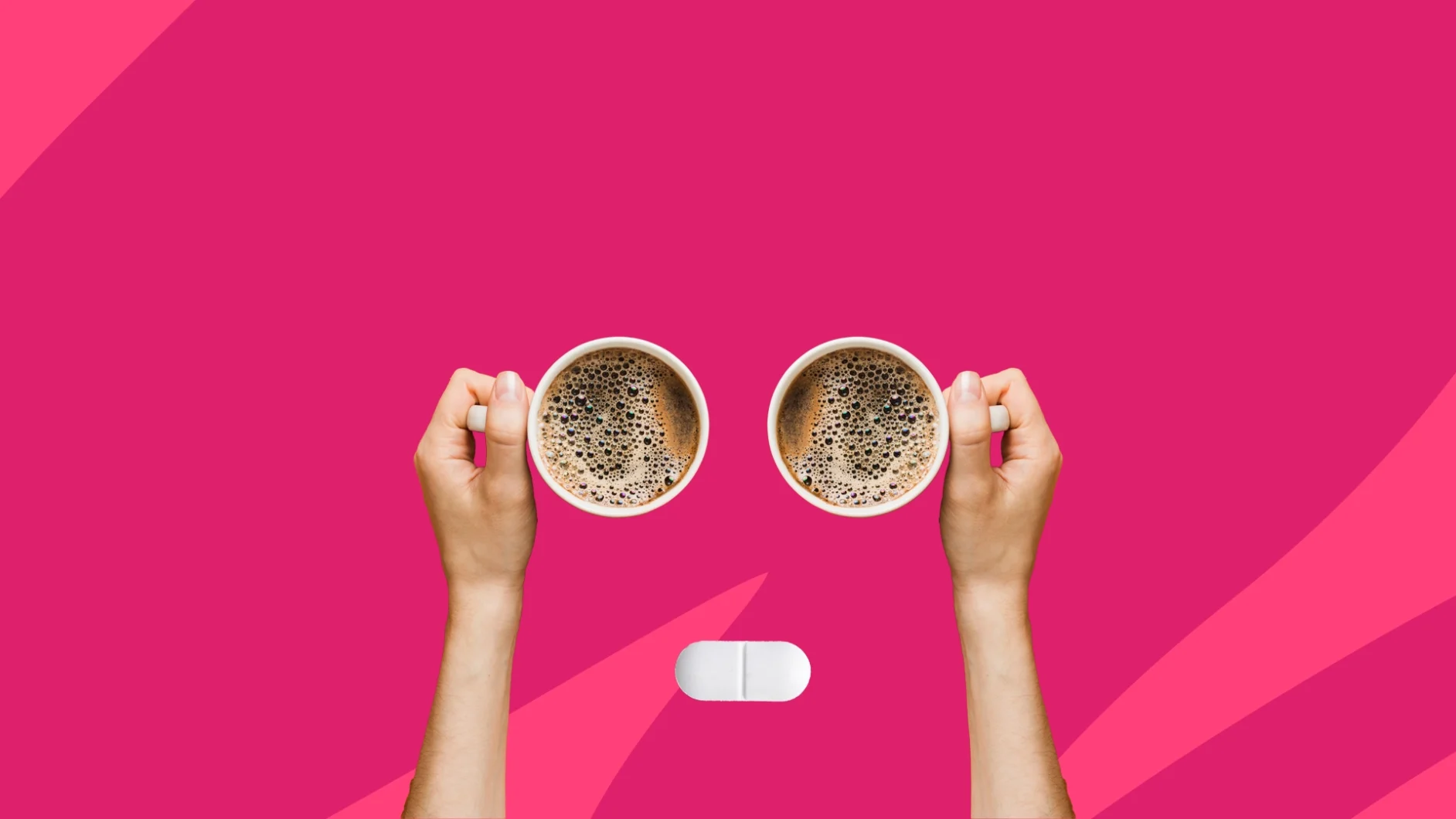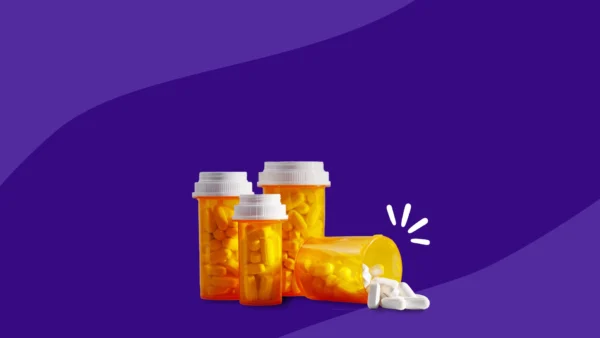Key takeaways
You can drink coffee or other caffeine products while taking amoxicillin.
Because caffeine can cause dehydration, stick to a moderate amount of caffeine while you are taking amoxicillin—and drink plenty of water to stay hydrated.
Take amoxicillin for the full prescribed duration of treatment. To prevent potential side effects, be sure to tell your provider about all medications or supplements you are taking.
Amoxicillin, an antibiotic in the penicillin family, is commonly prescribed to treat a variety of bacterial infections, such as ear infections, pneumonia, strep throat, and urinary tract infections. It’s a broad-spectrum treatment that works by breaking down the walls that shield bacteria, neutralizing their ability to grow and spread, and allowing your immune system to clear infections. If you’re prescribed antibiotics, you’re likely under the weather and feeling a bit more tired than normal. A daily cup of coffee—or some caffeinated beverage—is likely part of your daily routine. Is it okay to keep it up while taking antibiotics? The short answer is that amoxicillin and coffee don’t interact. However, there are a few things to consider.
Can you drink coffee while taking amoxicillin?
“You can safely drink caffeine such as coffee while taking amoxicillin. Coffee, in particular, is safe,” says Lauren Thayer, a registered nurse in Bridgeport, Connecticut.
Do caffeine and amoxicillin interact?
There is no interaction between amoxicillin and caffeine.
For most people, moderate caffeine consumption is generally considered safe and can have some health benefits. “That said, excessive intake of caffeine can contribute to dehydration, which may weaken the immune system and make it harder for your body to fight off infections,” says Ila Dayananda, MD, a healthcare provider in Brooklyn, New York, and Chief Medical Officer at Oula Health. And since you are likely already feeling under the weather, dehydration can make you feel even worse. Be sure to consume caffeine in moderation and drink plenty of water while you’re still healing. Staying hydrated is an essential part of self-care when dealing with an illness.
RELATED: How much water should you drink a day?
Best practices for taking amoxicillin
What can you do to make sure that amoxicillin does its job? There are a few guidelines that may be helpful:
- Complete the entire course of treatment as prescribed by your healthcare provider, even if you start to feel better. Otherwise, you risk the infection coming back or developing antibiotic resistance.
- Tell your provider about any other medications or supplements you are taking—including herbal remedies and over-the-counter treatments—to avoid potential interactions with amoxicillin.
- “Avoid drinking alcohol while on amoxicillin,” says Thayer. While there’s no interaction between alcohol and amoxicillin, healthcare providers generally recommend you avoid alcohol when you’re sick. It can contribute to dehydration and affect your body’s ability to find the infection. Abstaining can help you get the rest you need to recover.
- Tell your provider about any side effects you experience. For example, if you experience stomach pain or any unusual symptoms after starting the medication, don’t hesitate to seek medical advice.
As always, if you have any questions or concerns about taking amoxicillin, consult your healthcare provider or pharmacist for guidance.
Amoxicillin FAQs
Can I eat spicy foods with amoxicillin?
There are no food restrictions with amoxicillin. That said, amoxicillin and spicy foods can both potentially contribute to symptoms like diarrhea and upset stomach. If you like to spice up your meals, start with small amounts of heat to see how your GI system reacts.
Can I eat eggs while on amoxicillin?
Yes, eggs are safe to eat when taking amoxicillin.
What reduces the effectiveness of amoxicillin?
It’s best to avoid alcohol while on antibiotics. Although alcohol does not have an interaction with amoxicillin, consuming alcohol can lead to dehydration. It is a diuretic, which triggers your body to get rid of fluids quickly. And heavy drinking can also weaken the immune system—so if you’re sick, you want your immune system to be at its best.
Sources
- Caffeine and health, JAMA (2022)
- Amoxicillin, Medline Plus (2024)
- Amoxicillin, NIH (2023)
- What does alcohol do to your body? 9 ways alcohol affects your health, Cleveland Clinic (2024)











